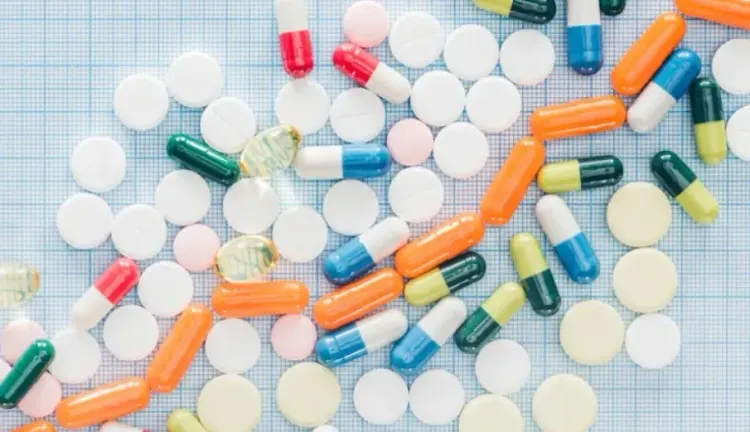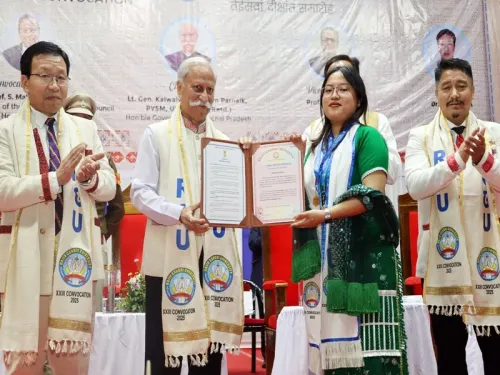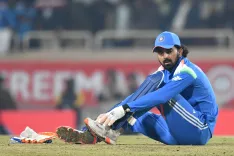Have Prices of 35 Essential Medicines Really Been Cut?

Synopsis
Key Takeaways
- 35 essential medicines have had their prices reduced.
- The NPPA is responsible for price regulation in India.
- Major pharmaceutical companies are affected by this change.
- Retailers must display updated pricing lists.
- Non-compliance could result in penalties.
New Delhi, Aug 3 (NationPress) In an effort to enhance the affordability of medications for patients, the National Pharmaceutical Pricing Authority (NPPA) has announced a price reduction for 35 essential drugs distributed by major pharmaceutical manufacturers.
The newly adjusted prices cover a diverse array of medications, including anti-inflammatory, cardiovascular, antibiotic, anti-diabetic, and psychiatric medicines.
The Ministry of Chemicals and Fertilisers issued this directive based on NPPA's price oversight. This price drop is anticipated to provide significant relief to consumers, especially those dealing with chronic health issues.
Among the key formulations affected by this price control order are fixed-dose combinations of Aceclofenac, Paracetamol, and Trypsin Chymotrypsin, Amoxycillin combined with Potassium Clavulanate, as well as combinations of Atorvastatin and newer oral anti-diabetic medications such as Empagliflozin, Sitagliptin, and Metformin.
The price for one tablet of Aceclofenac-Paracetamol-Trypsin Chymotrypsin, produced by Akums Drugs & Pharmaceuticals and marketed by Dr Reddy’s Laboratories, has been set at Rs 13, while the same combination marketed by Cadila Pharmaceuticals is now listed at Rs 15.01.
In a similar vein, a tablet containing Atorvastatin 40 mg and Clopidogrel 75 mg, commonly utilized for cardiovascular issues, is now available for Rs 25.61.
Additionally, oral suspensions intended for children—combinations of Cefixime and Paracetamol—are now included, alongside critical medications like Cholecalciferol drops for Vitamin D supplementation and Diclofenac Injection, which has been priced at Rs 31.77 per ml.
The regulatory order mandates that retailers and dealers must display the updated price lists visibly within their establishments. Non-compliance with the stipulated prices may lead to penalties under the DPCO, 2013, and the Essential Commodities Act, 1955, including the recovery of excess charges with interest.
The NPPA further clarified that the listed prices do not include Goods and Services Tax (GST), which may be applied if relevant. Manufacturers must adhere to all regulatory requirements, provide updated price lists in Form V via the Integrated Pharmaceutical Database Management System, and report this information to the NPPA and state drug controllers.
Any previous price orders issued for the specified formulations and manufacturers will be superseded by this recent notification.
The NPPA, operating under the Ministry of Chemicals and Fertilisers, is India's regulatory body for drug pricing, tasked with establishing and revising prices of pharmaceutical products while monitoring both controlled and uncontrolled drug prices.










